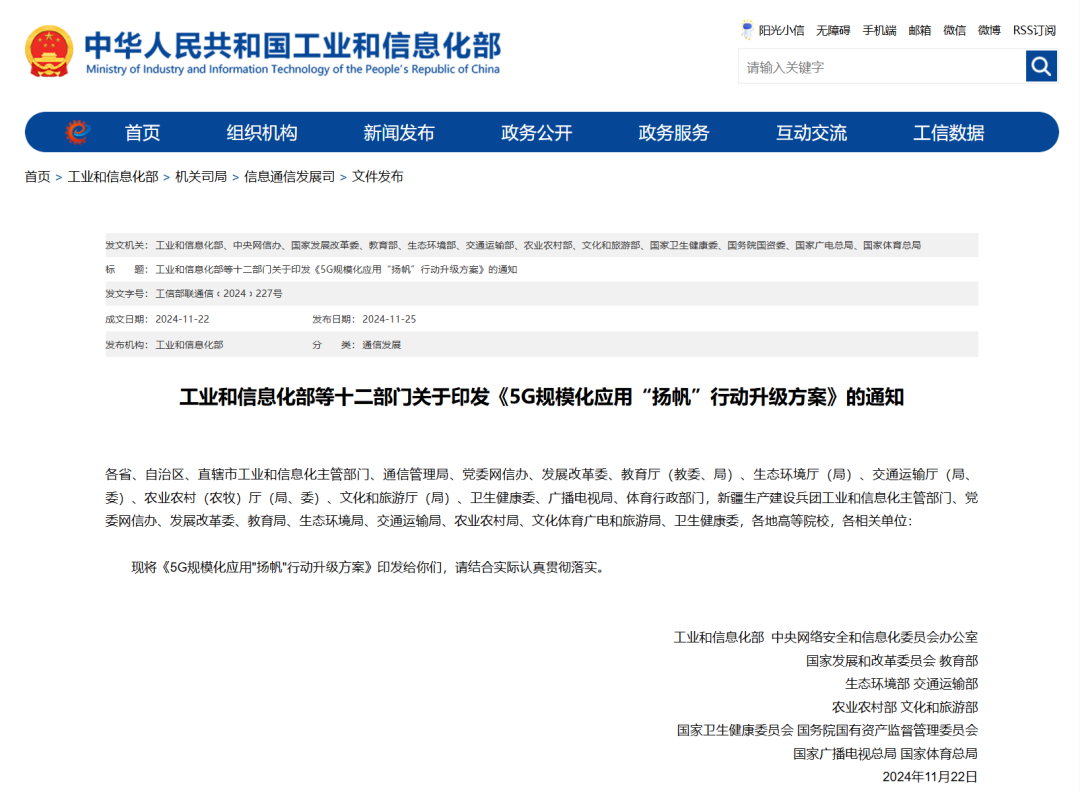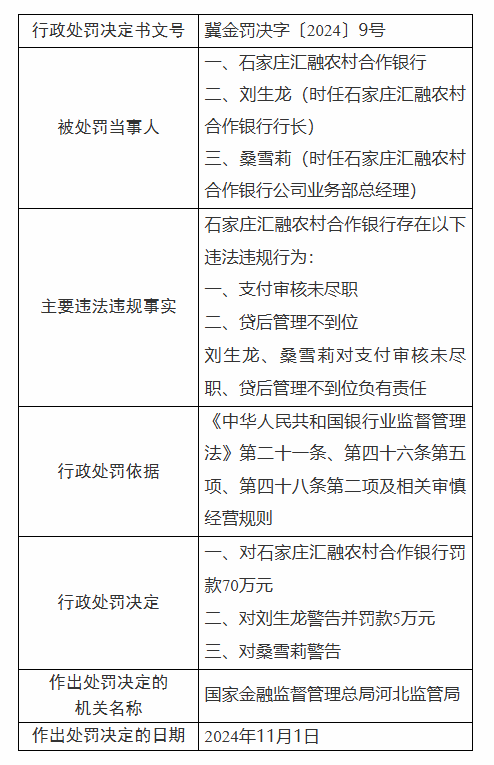The premium is the amount of money an individual or business pays for an insurance policy. It is typically paid on a regular basis, such as monthly or annually, and is determined by various factors, including the type of coverage, the level of risk, and the insurer's underwriting criteria.
Coverage refers to the extent of protection provided by an insurance policy. It outlines what risks are included in the policy and what types of losses or damages are eligible for compensation. Different types of insurance policies offer different levels of coverage, so it's important to review your policy documents carefully to understand what is and isn't covered.
```
Insurance terminology can be confusing, but having a basic understanding of key terms is essential for anyone involved in the industry. By familiarizing yourself with these terms, you'll be better equipped to make informed decisions about your insurance coverage and navigate the complexities of the insurance world.
An exclusion is a provision in an insurance policy that specifies what is not covered under the policy. Exclusions can vary depending on the type of insurance and the specific policy terms. Common exclusions include preexisting conditions in health insurance policies and intentional acts in liability insurance policies.

Insurance is a complex field with its own set of terminologies and jargon. Whether you're new to the industry or just looking to brush up on your knowledge, understanding key insurance terms is essential. In this guide, we'll break down some common insurance terminology and provide explanations to help you navigate the world of insurance.
A claim is a formal request made by a policyholder to their insurance company for compensation or coverage for a loss or damage that is covered under the terms of the policy. Once a claim is filed, the insurance company will investigate the circumstances of the loss and determine whether it is covered under the policy.
A deductible is the amount of money that the policyholder must pay out of pocket before the insurance company starts to cover the costs. For example, if you have a health insurance policy with a $500 deductible, you will need to pay the first $500 of any covered expenses before your insurance kicks in.
Liability refers to the legal responsibility of an individual or entity to pay for damages or losses caused to another party. Liability insurance provides coverage for claims made against the policyholder for bodily injury or property damage that they are legally obligated to pay. This type of insurance is common in auto, homeowners, and business insurance policies.
A rider is an optional addon to an insurance policy that provides additional coverage for specific risks or circumstances. Riders can be used to tailor a policy to the policyholder's individual needs and preferences. Common riders include coverage for valuable personal property in homeowners insurance and coverage for additional drivers in auto insurance.
Understanding Insurance Terminology: A Comprehensive Guide
The policyholder is the person or entity that owns an insurance policy. This is typically the individual or business that pays the premiums and is entitled to the benefits provided by the policy. As a policyholder, it's important to review your policy documents regularly and keep them in a safe place.
```html











